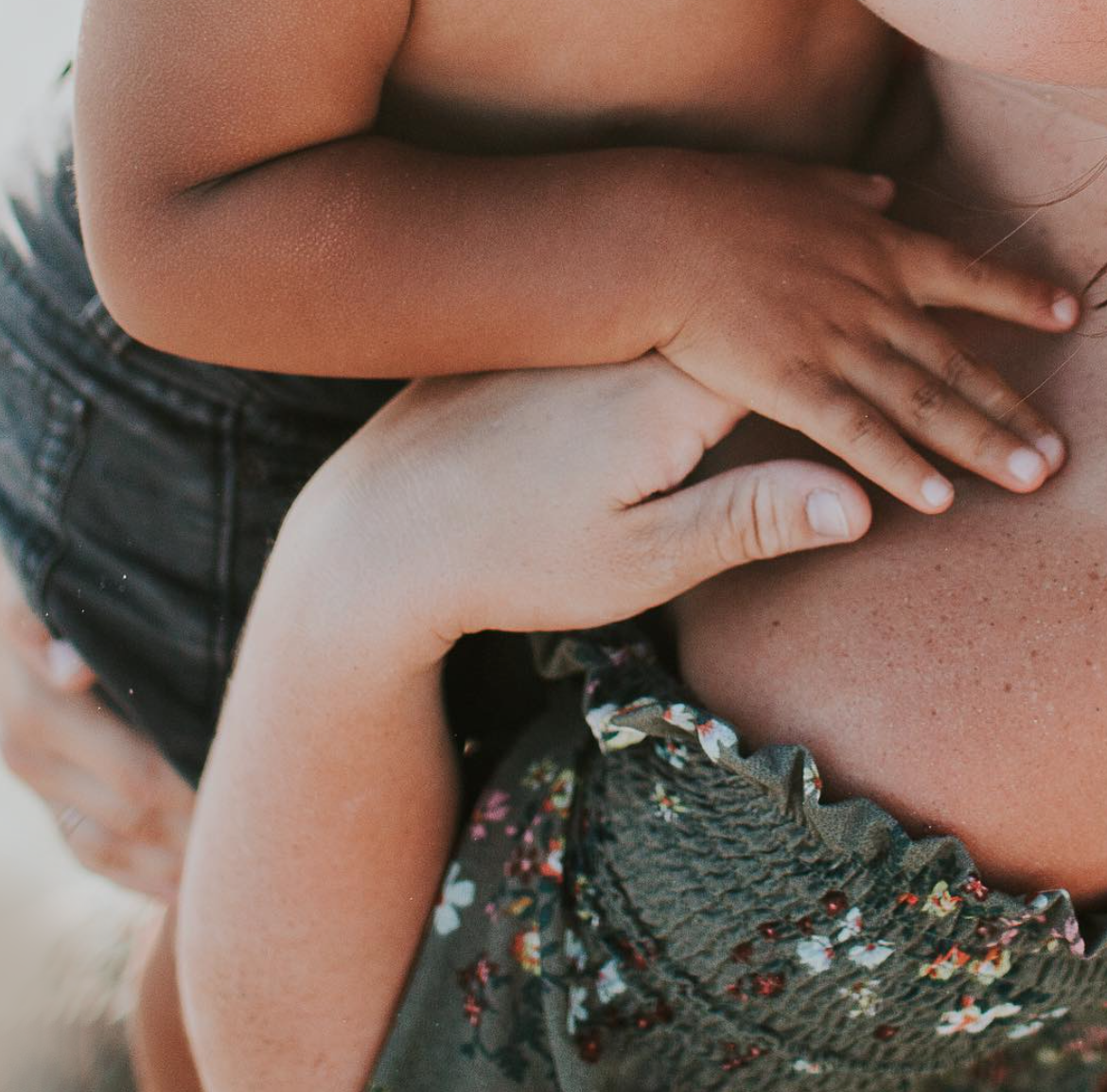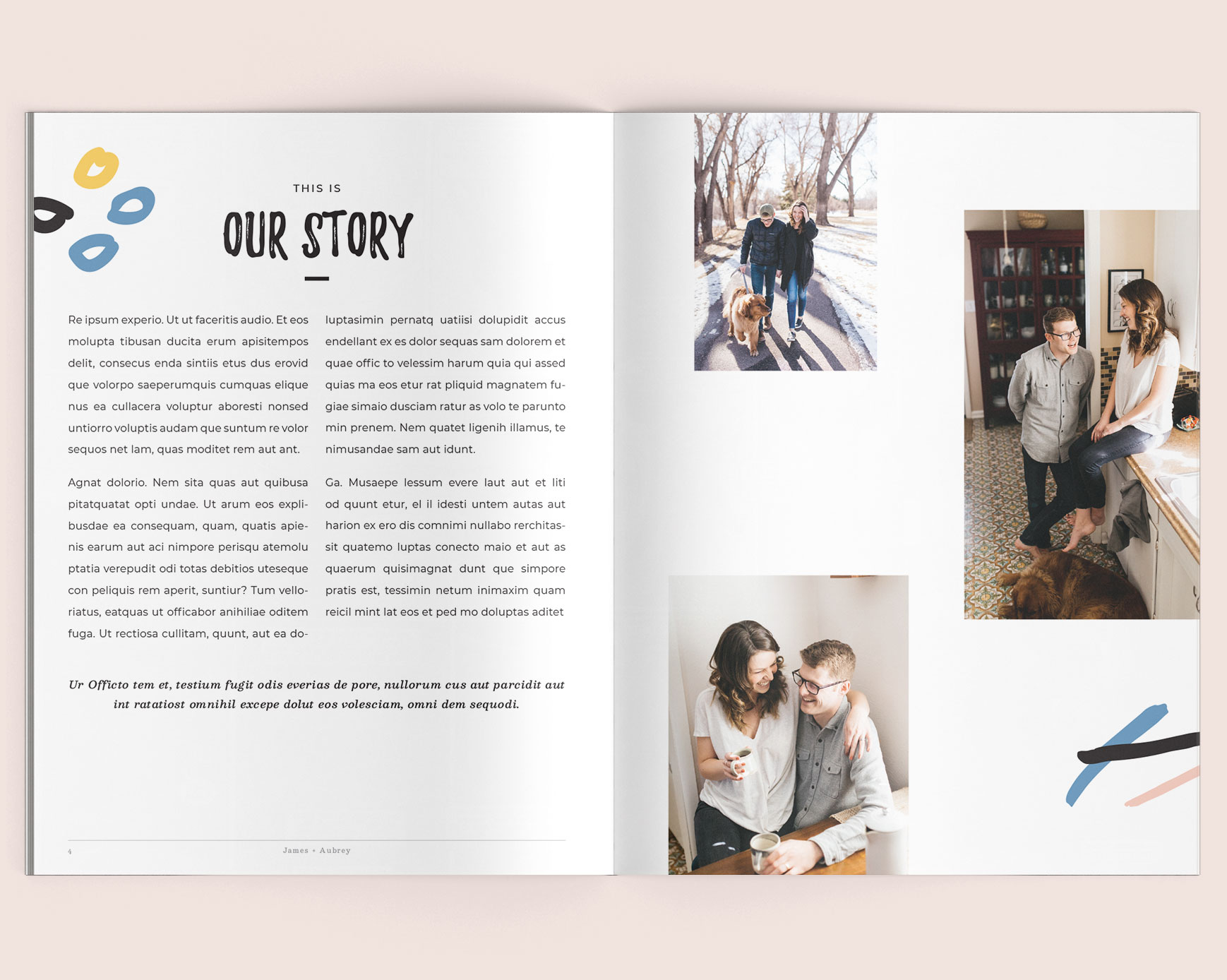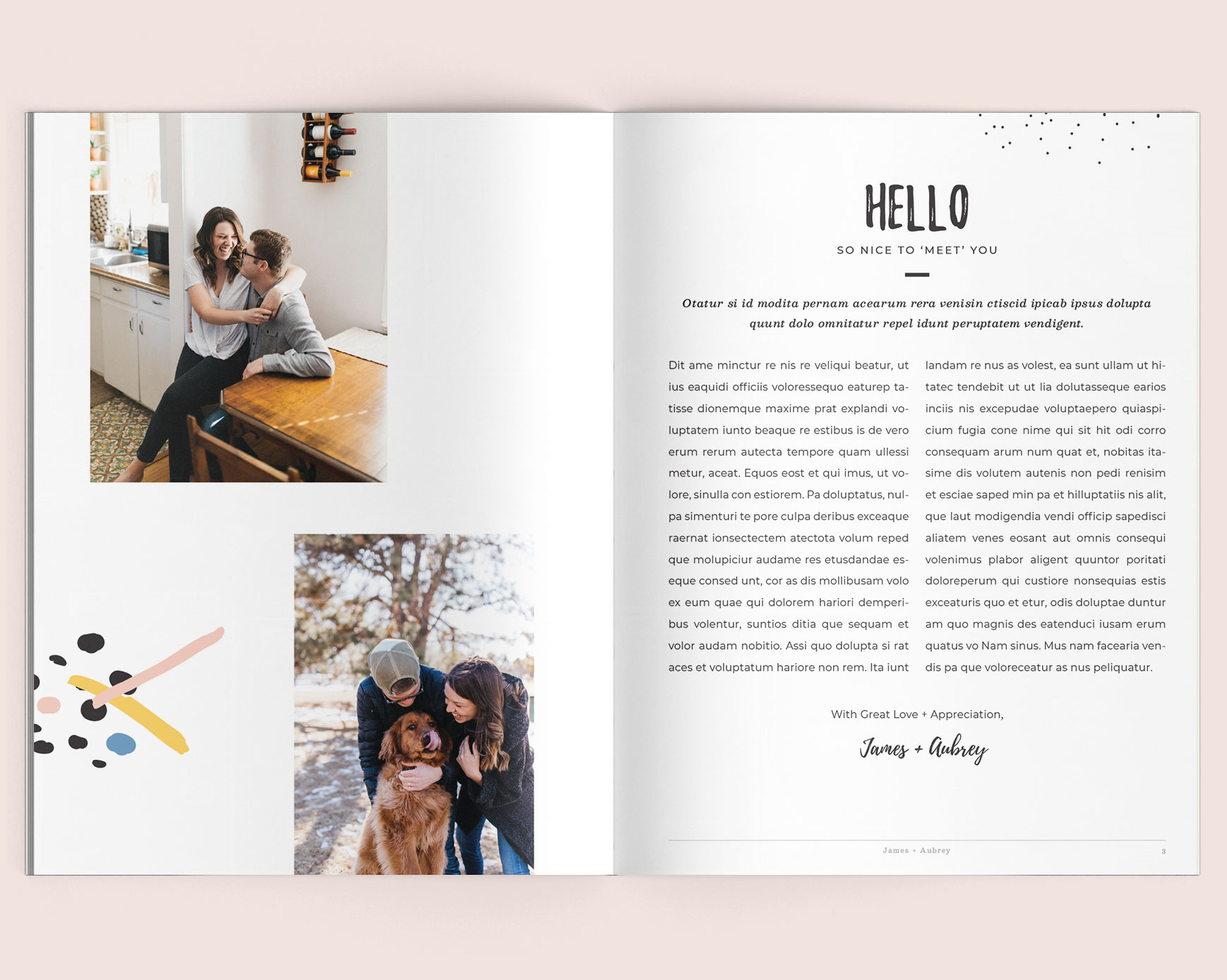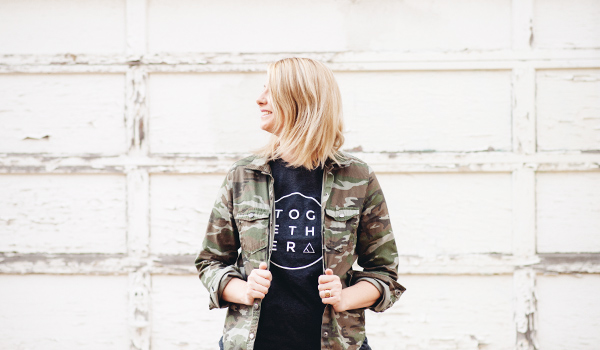Navigating relationships with individuals who struggle with addiction and/or are incarcerated is such a taboo subject in the adoption world. Adoptive parents often find themselves in the debate of what is my story and what is not. A rule of thumb is that my story includes me as one of the main characters. When discussing substance abuse and legal issues, we are bystanders much of the time. We get information in pieces. Our children need us to protect those pieces because they can have a significant impact on how their family is viewed, how they are viewed.
Within the first year of adopting our son, I learned this lesson the hard way. I had shared private information with a family member who then shared this information with an acquaintance. While I know the intention wasn’t to hurt or cause harm, this acquaintance approached me at a party and asked me one of the most shocking questions of my life. My shock was followed by a vague response and a new commitment to not share private details about our children and their family with others, especially with those who may not understand the impact of their comments and judgements.
To best support and love our children’s families who struggle with addiction and incarceration requires education and support! So, how do we navigate open adoptions with individuals who struggle with addiction and/or are incarcerated? We start with the first steps: educating ourselves, learning about boundaries, and stepping forward with love.
Oh how easy it is to shut the door on openness. But can I plead with you to not do that so easily? There have been times when I have cried out in frustration that this is just to difficult. I make a list of a million reasons to slam the door. I remember one such night so clearly. I had heard that an individual in my triad relationship was incarcerated at a jail near where I lived. The relationship had been unpredictable. I was at a loss on how to move forward or if I should try at all. But as I pondered on what to do, I felt strongly that going to the jail on my own to visit was the right thing. I wanted to show this person that I cared. This was the first time in my life I visited the jail and I was nervous about the unknown. The time came for our visit. I sat and waited and waited and waited. Fifteen minutes later a guard came to me and said that this person had refused my visit. Devastated doesn’t begin to cover the emotions I felt. I had been vulnerable and was rejected. The most valuable lesson I learned from that experience is that my effort mattered. I believe the person it will matter to the most will be our son and I would be devastated a million times over if it meant he knew how much I cared.
Let’s have some real talk, navigating openness through addiction and incarceration is no easy task! It is emotional, gut wrenching work and most times you question if you are making the right decisions. But I believe if we can add some boundary setting, emotion protecting, compassion giving tools to our bag, we can be more equipped to love our children’s first families well. Remember that these relationships will often feel like you are on a roller coaster and what works one day may not be true for the next. What I do know is that the work for these relationships matter, to our kids, to their first families, and to us.
It is one of the most difficult things humans do, removing judgement from their mind. How do we do that when we are so emotionally invested? We must find a space in our heart for love, the unconditional kind. This happens day by day as we think of the person or situation with more grace, with more understanding, with more patience. This does not happen overnight! Sometimes it doesn’t happen in a year, in even two. It takes time and it takes letting go of our preconceived notions of what someone and something should look like or act like. The more we strive to be in the space of non-judgement, the more we can move forward in logical, educated decision making. This benefits everyone!
If I could shout this from a loudspeaker to all members of the adoption triad I would; BOUNDARIES ARE YOUR FRIEND! Henry Cloud said in the book Boundaries, “Boundaries define us. They define what is me and what is not me. A boundary shows me where I end and someone else begins, leading me to a sense of ownership.” Boundaries are essential to building open adoption relationships and are crucial when dealing with someone with addiction struggles or incarceration. Remember, boundaries go both ways and when set and enforced in the correct way they can enhance a relationship and prevent tension or hurt feelings. Much of the time, incarceration has its own boundaries just by the nature of it. The choice of visits, videos calls, or letters should be based first on the impact
I encourage you to read up on addiction. One of my
There are many lines of thought on incarceration and the way to handle such a complex issue. There is useful information that can be found here where they are challenging old norms and embracing a transformative justice approach to incarceration.
Another resource for you is your family and friends. Many before you have loved someone who has similar struggles. Find those people, join a support group, ask a friend to help you understand. You need that education especially if this is not something you have navigated before. These relationships take endurance and patience. The more you learn from professionals who help those who struggle the better. You do not have to guess or navigate this alone. So, reach out and ask for advice from those who have traveled this road before you.
Remember that building relationships that last take work. If love leads then everyone wins. So, lead with love, remove that judgement, be a boundary setter, learn. You could be just what someone needs to get through these challenges.
The information in this article should not be a substitute for medical or mental health professional help and opinions.
Guest Blog by Kelly Treadway
Kelly is a teacher, creator, advocate, and mother. Kelly has a bachelors degree in elementary education as well a special education and enjoys teaching in her 3rd grade class. Kelly is also a graphic designer and designs for Lifetime Healing LLC. She loves creating beautifully designed lessons for her students, as well as invitations and announcements for her friends and family. Kelly has a heart for ethical adoption practices, open adoption relationships even through difficult circumstances, birth family care post placement, and most importantly, adoptee health and wellbeing.










